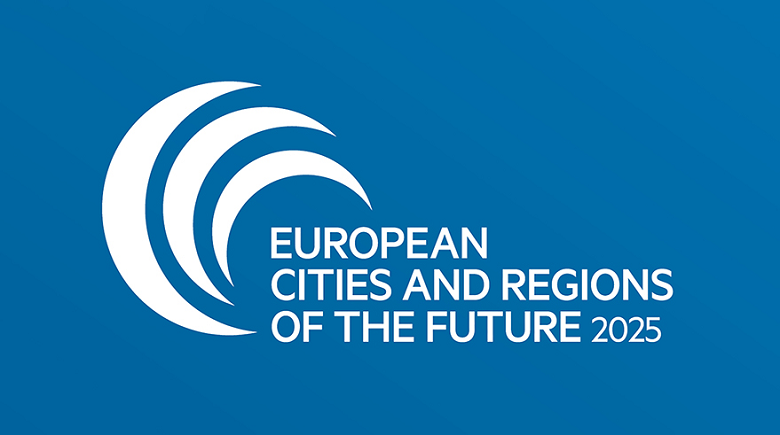Catalonia and Madrid FDI strategy stands out in Europe

fDi Markets' European Cities and Regions of the Future 2025 report assesses the attractiveness of cities and regions for international investment.
Catalonia and the Community of Madrid occupy second and third place, respectively, in the ranking of European regions with the best foreign direct investment (FDI) strategy, with Paris at the top of the list and Andalusia in seventh position. This is according to the European Cities and Regions of the Future 2025 report drawn up by fDi Markets. Barcelona and Madrid are also second and third in the ranking of cities with the best FDI strategy, with London in first place.
This ranking, which evaluates the most promising investment destinations in Europe, also highlights the evolution of Aragon, which has become a key pillar for digital infrastructure in Spain thanks to data centres, which are one of the protagonists of this year's edition.
Large cities
Madrid also appears in the overall ranking of very large cities, where it ranks eighth. In terms of leading indicators, Madrid and Barcelona rank ninth and tenth in terms of economic potential, and third and tenth in relation to human capital and lifestyle. The Spanish capital also ranks fifth when it comes to connectivity.
The report analyses a total of 379 cities and 142 regions across Europe. Valencia ranks eighth among large cities for human capital and lifestyle. Among medium-sized towns, Malaga is in tenth place in terms of economic potential and, finally, in the small cities category, Burgos ranks ninth for its FDI strategy.
Among the large regions, Madrid ranks eighth overall and third in relation to human capital and lifestyle. Catalonia ranks ninth overall, fourth in terms of the ease of doing business, sixth for economic potential and tenth in relation to human capital and lifestyle. In terms of profitability, the Valencian Community and Andalusia are in sixth and seventh place respectively. Finally, among the small regions, the Balearic Islands rank second when it comes to connectivity.
Promotion strategies
According to the fDi Markets report, European cities have had to adjust their investment promotion strategies in the face of changing geopolitical, technological and corporate dynamics. The study assesses the attractiveness of cities and regions for FDI and analyses the most attractive industries for foreign capital.
Europe was the largest FDI-attracting region in 2024 and the second largest in terms of cross-border capital commitments after the Asia-Pacific. The figures confirm an increasing concentration of investment, i.e. European cities and regions are competing for fewer but larger FDI projects. Data centres, semiconductors and renewable energy are the main FDI drivers behind Spain's strong performance.
Data centres
Data centre investors broke all records with a large number of projects exceeding $1 billion in committed capital investment across the continent. In total, over $69 billion worth of FDI projects were announced in 2024, three times more than in 2023, according to figures from fDi Markets. Among the regions chosen by investors, Aragon has become a key pillar for digital infrastructure in Spain.
Investment in the pharmaceutical industry has also been on a growth trajectory in the aftermath of the pandemic. Investment in Europe exceeded $7 billion in both 2024 and 2023, a figure never seen before for FDI. Among its key players, the report highlights AstraZeneca, which is implementing projects like the one expanding its facilities in Barcelona.
Renewable energy
Despite a reduction in investment compared to the previous two years, renewable energy continues to be the largest area for attracting FDI in Europe, with projects worth over $80 billion. Solar energy accounted for approximately 40%, wind for 31.2% and the remainder going to emerging technologies, mainly green hydrogen.
In the analysis of investor countries, intra-European FDI accounted for around half of total FDI on the continent in 2024. US companies, traditionally the largest investors in Europe, accounted for almost a third of total investment, while investment from China grew strongly, thanks to major projects announced in the cleantech, automotive and energy industries.
Photo: fDi Intelligence




